Balekempa (2018)
Genre : Drama
Runtime : 1H 43M
Director : Ere Gowda
Synopsis
A village bangle seller and his wife cannot conceive a child. The villagers gossip. In this close-knit patriarchal community in South India, hidden desires and relationships find a way to exist. Will the husband's secret ever come out? An intriguing narrative in an elegantly directed debut with exceptional camera work.

Amidst the ruins of a coconut plantation in rural Trinidad, Asha, a displaced girl seeking her roots, is drawn to a young fisherman who shares her desire to look beyond.

The story of a man trying to cope with the death of his sister, but cannot because he must continue working with the illegal business of bringing undocumented immigrants from Dominican Republic to Puerto Rico.

An old man, in the agony of death, asks his children to cremate his body and scatter the ashes in the sea. Willing to fulfill the last wish of the elderly, as a rite of passage the youngsters unknowingly transgress the traditions of their father. From that moment on the boys will have to assume roles that are not theirs, faced with everyday life.

A young woman's life takes a series of unexpected turns after she leaves the Buddhist temple where she has lived most of her adult life.
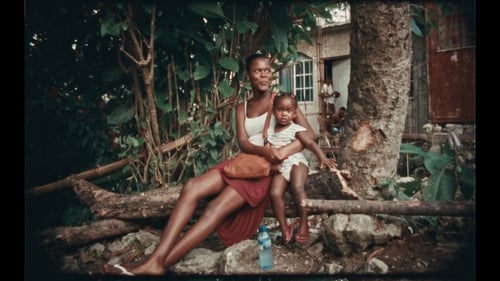
Part film, part baptism, in BLACK MOTHER director Khalik Allah brings us on a spiritual journey through Jamaica. Soaking up its bustling metropolises and tranquil countryside, Allah introduces us to a succession of vividly rendered souls who call this island home. Their candid testimonies create a polyphonic symphony, set against a visual prayer of indelible portraiture. Thoroughly immersed between the sacred and profane, BLACK MOTHER channels rebellion and reverence into a deeply personal ode informed by Jamaica’s turbulent history but existing in the urgent present.
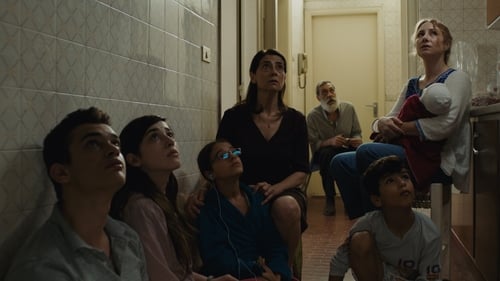
A mother attempts to keep her family safe as war rages and a sniper lies in wait outside her home.
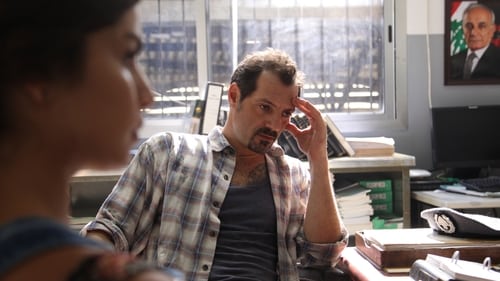
After an emotional exchange between a Lebanese Christian and a Palestinian refugee escalates, the men end up in a court case that gets national attention.
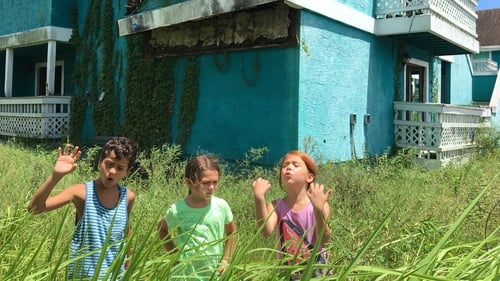
The story of a precocious six year-old and her ragtag group of friends whose summer break is filled with childhood wonder, possibility and a sense of adventure while the adults around them struggle with hard times.

In 1957, Ghana was the first African country to become independent of its colonial rulers, in this case the British. Kwame Nkrumah, the first president of what in 1960 became the Republic of Ghana, called on Africans from all over the world to come to Ghana to help build the new nation. The most important aim was to "undo the damage caused by the slave trade" as filmmaker Shirikiana Aina expressed it in her documentary Footprints of Pan Africanism. Several people speak in Aina’s film about the reconstruction of Ghana and Nkrumah, who was deposed in 1966, offering room for their frequently gripping personal stories. These are often marked by racism, the emerging civil rights movement and what it’s like to be black and live elsewhere. For many, returning to Africa was like going home.

Bruk Out follows six unique dancers from around the globe as they prepare for the world's biggest Dancehall Queen competition.

Maud and Frank are on holiday in Chile. Their relationship is fragile and so is Maud. After many years of trying, it is now time to face the fact that they will never have children. However, Maud is in denial. After a huge fight with Frank she runs off and sets out on a road trip through Chile to get her life back on track.

Berlin in June of 1940. While Nazi propaganda celebrates the regime’s victory over France, a kitchen-cum-living room in Prenzlauer Berg is filled with grief. Anna and Otto Quangel’s son has been killed at the front. This working class couple had long believed in the ‘Führer’ and followed him willingly, but now they realise that his promises are nothing but lies and deceit. They begin writing postcards as a form of resistance and in a bid to raise awareness: Stop the war machine! Kill Hitler! Putting their lives at risk, they distribute these cards in the entrances of tenement buildings and in stairwells. But the SS and the Gestapo are soon onto them, and even their neighbours pose a threat.
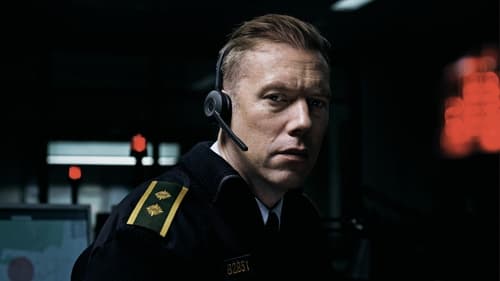
Police officer Asger Holm, demoted to desk work as an alarm dispatcher, answers a call from a panicked woman who claims to have been kidnapped. Confined to the police station and with the phone as his only tool, Asger races against time to get help and find her.












